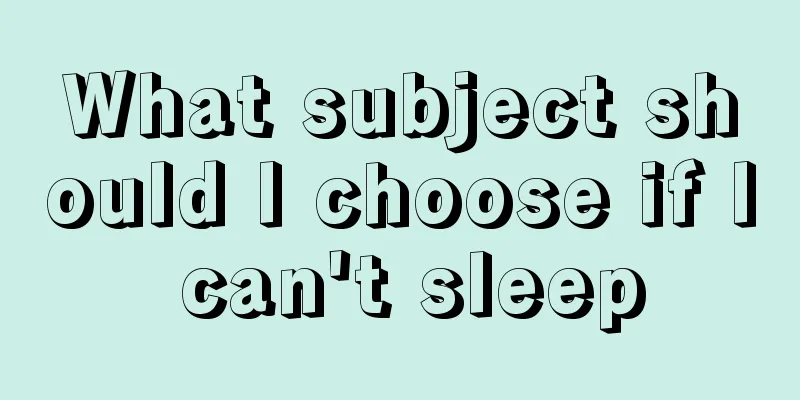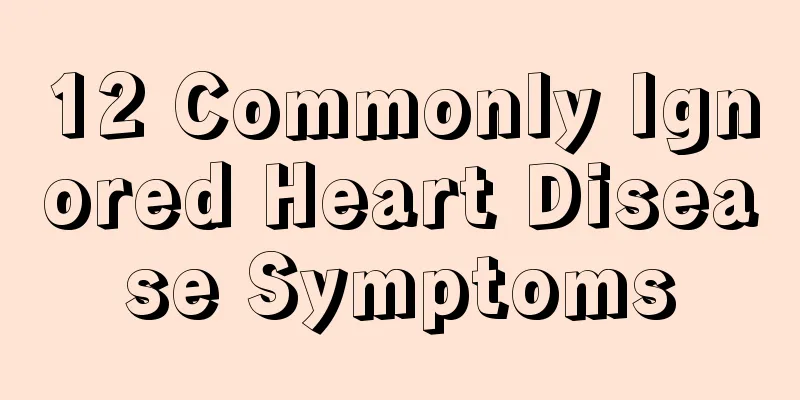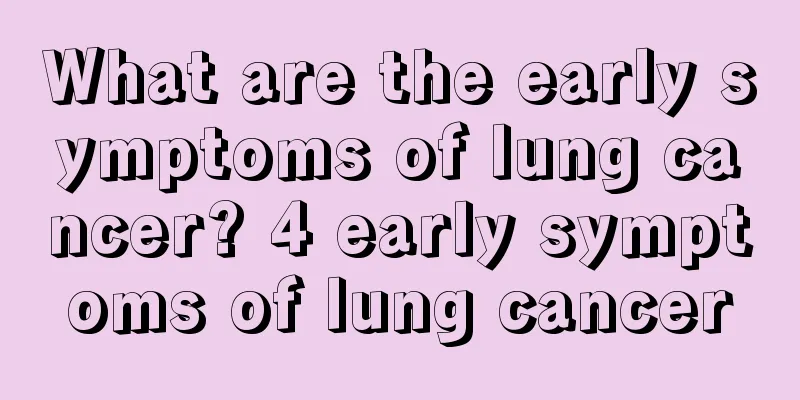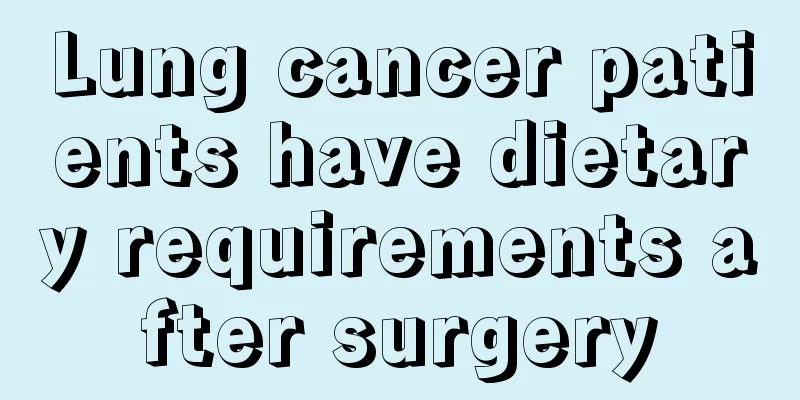Why does the tooth still hurt after being repaired? 5 reasons to analyze
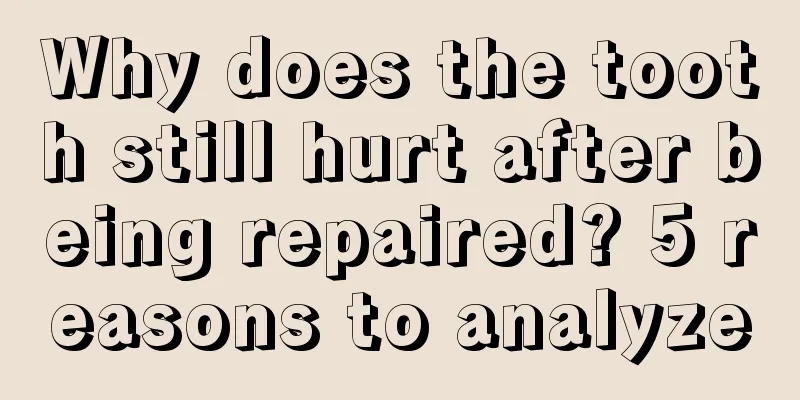
|
Filling a tooth is the most direct way to relieve toothache. Many people no longer have toothache after seeing a doctor and getting their teeth filled. However, some patients find that their teeth still hurt after being filled. So why does the tooth still hurt? In fact, there are many reasons why teeth continue to hurt after filling, but no matter what the reason is, you should go to the hospital for consultation in time. ① Too deep dental cavities After some teeth are filled, they will still experience toothache when exposed to cold or hot stimuli. This is because the tooth cavity is too deep and very close to the pulp cavity. External stimuli can easily be transmitted to the pulp through the filling, causing soreness. People with this symptom do not need to be nervous. As long as they avoid cold or hot stimulation, most of them can heal themselves after a period of time. If symptoms worsen, you should seek medical attention immediately. ②Caries continues to develop For some patients, after a long time, new caries will occur at the contact point between the filling and the tooth. At this time, the teeth will feel sore when exposed to cold or hot stimulation. In this case, if left untreated, the bacteria will invade deeper into the tooth, causing pulpitis or apical periodontitis, spontaneous pain, night pain or biting pain. ③Diagnostic error The dental pulp has been infected or even necrotic, but there are often no obvious symptoms such as tenderness, percussion pain, and looseness during clinical examination. At this time, the diseased tooth is easily treated simply as caries. Since there is no radical cure, tooth pain or periodontal swelling and pain will occur after a period of filling. Therefore, diagnosis before filling a tooth is very important. If the bacteria of caries or their toxic products have spread to the pulp and caused chronic pulpitis, if the caries cavity is filled blindly without reasonable treatment and the lesion is not removed, intermittent toothache will often occur and may develop into acute pulpitis, resulting in severe toothache. It may also gradually invade the dental pulp and cause progressive pulp necrosis, which may reduce or eliminate the toothache. However, acute inflammation often occurs again not long afterward - acute apical periodontitis. ④Improper operation Some teeth have deep cavities and should be filled with a base but instead of that, they are filled directly with filling materials. Silver-mercury alloy, a filling material, is an excellent conductor that can conduct bioelectric current and stimulate the pulp tissue, causing pain. Another filling material, composite resin, is irritating to the pulp and can cause congestion and even inflammation, resulting in pain. ⑤ Filling is too high Some teeth have no problem when not eating after filling, but once they bite something, it hurts and they are afraid to chew. During inspection, it can be seen that the filling material is not damaged or falling off. This situation is often caused by excessive filling. After being sharpened by a doctor, the symptoms are relieved immediately. |
<<: What are the four main causes of frequent toothache?
>>: What to do when teeth hurt when eating? Tips to relieve pain
Recommend
What delicacies can be made with an electric baking pan
Nowadays, electric baking pans have become an ind...
Is lung cancer contagious? What should lung cancer patients pay attention to in their diet?
Lung cancer is a very serious disease. It goes wi...
Spasm of right lower eyelid
The nerve under my right eyelid is always twitchi...
What are the pathological types of bladder cancer
Bladder cancer is a malignant tumor that occurs i...
One action in the morning is chronic suicide
When you wake up from sleep, get up, eat, exercis...
Is fibroid tumor harmful to human body?
As people's living standards continue to impr...
Cold, stomachache, stuffy nose and runny nose? Here are some tips for you
Cold is a very common disease in daily life. When...
Can people with high blood sugar eat beef and mutton?
If your body has high blood sugar, you need to st...
What causes excessive eye mucus
With the increase of life pressure and some unhyg...
How to reduce swelling on face after being hit
Some sports collisions or accidents in life can c...
What to do if your child can’t calm down while studying
If a child cannot concentrate on studying, parent...
How long does the rebellious period of adolescence usually last?
When children reach puberty, they may show change...
What should be paid attention to in liver cancer care? Five points should be paid attention to in liver cancer care
Liver cancer refers to malignant tumors that occu...
How to treat armpit odor with hair removal cream
Armpit hair is the body hair that grows under the...
Steps to straighten your hair yourself
For people whose hair is naturally curly, straigh...
